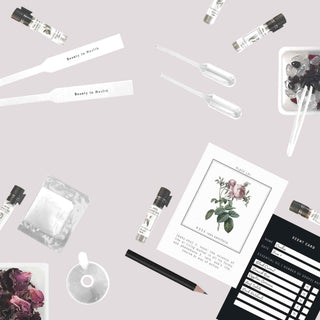Eucalyptus is a popular ingredient in perfumery known for its fresh, cooling, and invigorating aroma. Eucalyptus oil is extracted from the leaves of the eucalyptus tree, primarily through steam distillation. Eucalyptus globulus, commonly known as the Tasmanian bluegum or southern bluegum, is native to southeastern Australia. It is primarily found in the states of Tasmania, Victoria, New South Wales, and parts of southeastern Queensland.
The Eucalyptus genus is diverse, with various species found across Australia, but Eucalyptus globulus is one of the most widely known and cultivated species. It has been introduced to many other parts of the world with suitable climates, such as Europe, North America, South America, Africa, and parts of Asia, where it is grown for its timber, ornamental value, and essential oil production. Our Eucalyptus is sourced from South Africa, where it was introduced and began being grown in South Africa during the mid-19th century. The first introduction of Eucalyptus species to South Africa is credited to the botanist and explorer Joseph Dalton Hooker, who brought seeds of Eucalyptus globulus from Tasmania and planted them in the Cape of Good Hope in the early 1860s.





